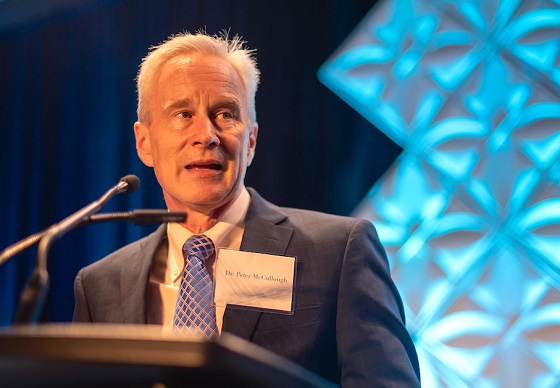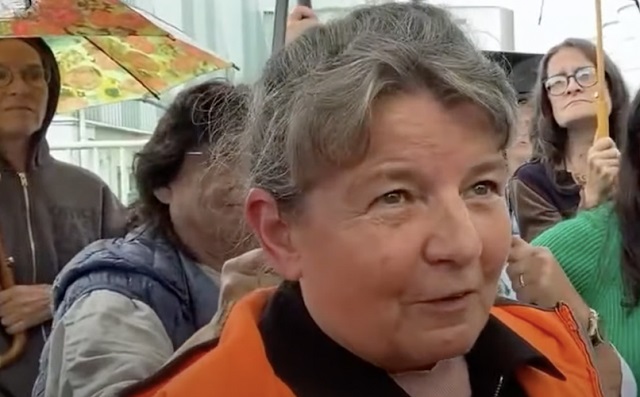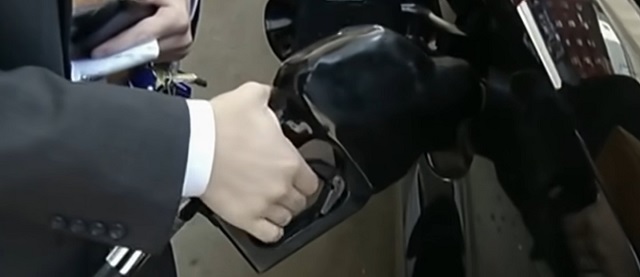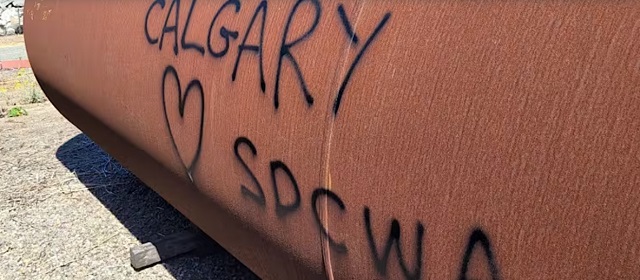National
By-election Bombshell! Justin Trudeau’s Liberals lose safe Toronto riding
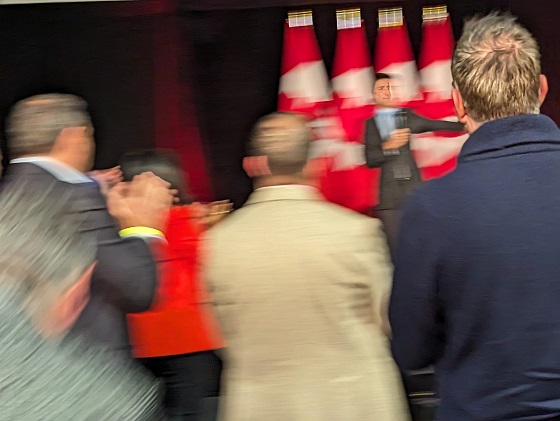
Benefit of hindsight
Feel free to start coming back any time, big guy
Well, of course I saw it coming all along. What kind of fool could have imagined the Liberal in Toronto — St. Paul’s had any chance?
Hang on. I’m just getting word that I didn’t see it coming. In fact, as recently as Monday night I wrote a post I’ll be hearing about until the cows come home. Sorry about that!
Here are the actual final results, barring any recounts, which may not happen because Conservative Don Stewart’s margin of victory, while slim, is too large to trigger an automatic recount.
Congratulations, Don Stewart! I never doubted you’d win. Hang on. I’m just getting word that I doubted you’d win as recently as last night.
Things will now start to happen quickly. Expect Liberals to work their way through four of the five Kübler-Ross stages of grief before lunch. Denial will come easily, benefiting as it does from long practice. Acceptance may take longer.
The Paul Wells newsletter is fun reading even when I’m calling the results of a by-election wrong! Imagine how much you’ll enjoy it when I’m right about something!
In part this is because on paper there isn’t that much to accept. The day’s news is not earth-shaking and, in isolation, should not be taken as definitive. It’s true that by-elections are strange events, though if you add them together they do have some predictive power. It’s true that Leslie Church’s long service as Chrystia Freeland’s chief of staff turned out to be more of a hindrance than a help, a data point whose implications the Deputy Prime Minister won’t want to think much about today. It’s true the Liberals didn’t even try all that hard, if by “didn’t try all that hard” you mean “they tried as hard as they possibly could, my God they tried so hard, my God.”
But a single off-season defeat in a riding the Liberals have, in fact, previously lost during the Paleozoic era is not a larger thing to accept than, say, a punishing loss to Ireland and Norway in a Security Council vote at the UN. Or the loss of two senior cabinet ministers in a controversy in which the ministers who quit were radiantly, obviously in the right. Don’t take my word on that, incidentally: ask David Lametti, who agreed with Jody Wilson-Raybould but managed to keep his job anyway. For a while.
A single by-election defeat is not a larger thing to accept than the prime minister’s documented history of slapping on dark makeup for social occasions, a habit that stretched from junior college to young adulthood. It’s not a bigger deal than firing your finance minister during a global fiscal calamity so you can replace him with somebody who knows less about money. It’s not evidence of poorer strategic thinking than the choice of Parliament as the venue for dismantling a new Conservative leader, given that Parliament has long been where Justin Trudeau and most of his government perform worst.
It’s not a bigger deal than mocking monetary policy during an election campaign. It’s not a big new development, compared to the Prime Minister’s reluctance to meet his own cabinet ministers to discuss business, an oddity of his management style that’s been documented in a growing number of books (look out for Marc Garneau’s this fall!).
The prime minister has been on the ropes before, so to speak, and all those trials have made him the man he is today. Or rather, I suppose, his response to them has. I have no particular advice for Justin Trudeau today, or to the party he leads with the unstinting consent of its members. I screwed up last night by sending a column before the facts were in, so I’m feeling a little sheepish this morning. I’ll let Liberals decide what to do next.
As recently as two summers ago, I used to give them advice. It amounted to this: Notice when something you’re doing isn’t working. Change it. Make sure people see you changing it, so you don’t look quite so full of yourself. Rinse and repeat.
That post from 2022 ends:
“Don’t worry. He won’t take this advice either. Whatever the Liberal leader does on his return from the sunless south, it probably won’t resemble anything we’ve mentioned today. He’ll probably keep doing what he’s been doing. With the same results.”
Let me read to you
My excellent short bestselling book, Justin Trudeau on the Ropes: Governing in Troubled Times, is now an audiobook, narrated by the author, who is me. Here it is on Audible. Other platforms soon.
Here’s the story of the book, if you’re just catching up. Here’s an episode of my podcast with guest host Vassy Kapelos interviewing me about the book. Paper and ebook editions remain easy to find and buy, for yourself or friends.
We decided to make the audiobook some time after we published the, uh, more booky formats. It’s a response to surprising and gratifying demand. It’s also a promissory note: If this belated audiobook edition finds an audience, it won’t be my last.
There’s a school of thought that says there’s not much demand for nonfiction Canadian audiobooks. Here’s your chance to confound the skeptics. Thanks as always for your support.
Frontier Centre for Public Policy
Non-partisan think tank calling for Public Inquiry into “Kamloops Graves Hoax”
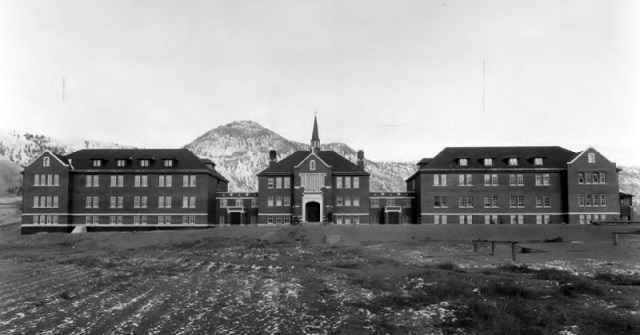
From the Frontier Centre for Public Policy
Canada Needs a Public Inquiry into the “Kamloops Graves Hoax”
Call for a public inquiry is a step towards uncovering the truth and ensuring such a national scandal never happens again
WINNIPEG, June 28, 2024 – The Frontier Centre for Public Policy is urgently calling for a public inquiry into what has become known as the “Kamloops Graves Hoax.” The May 27, 2021, claim by the Kamloops Indian Band regarding the discovery of “human remains” in the apple orchard area of the former Kamloops Indian Residential School caused national hysteria and moral panic, both domestically and internationally. However, recent admissions have revealed these claims to be false.
In a press release issued three years after the sensational claims, Chief Roseanne Casimir of the Kamloops Indian Band finally admitted that there were no “human remains,” “bodies,” “graves,” or “mass graves” found at Kamloops. What was initially reported as grave sites turned out to be mere soil anomalies, which could easily be attributed to tree roots, rocks, or remnants of prior excavations. Notably, a 1924 excavation in the same area was likely the source of the detected soil disturbances.
The 2021 claims triggered a wave of national and international reactions, including lowered flags, burned churches, and widespread media coverage. These events also prompted the ailing Pope to visit Canada, led MPs to condemn their own country as genocidal, and resulted in the enactment of costly legislation. The Canadian government allocated millions of dollars towards the search for “missing children,” who, as it turns out, never existed. The entire episode is a blemish on Canada’s history, highlighting the need for a thorough public inquiry.
Chief Casimir stated that the initial claims were based on a ground-penetrating radar (GPR) report prepared by Sarah Beaulieu, a young anthropologist from the University of the Fraser Valley. However, it is widely known that GPR can only detect soil anomalies, not graves or human remains. The actual content of Beaulieu’s report remains undisclosed, as the Kamloops Indian Band has refused to release it despite initially promising to do so. This raises serious questions about the veracity of their claims and the possibility that the band knew the information was false.
The Kamloops Indian Band applied for and received $8,000,000 from the federal government based on their false claims. Neither the band nor the federal government has provided details about the representations made to secure these funds or how the money was spent, especially given that no excavation has taken place.
The refusal of the Kamloops Indian Band to release the GPR report, coupled with the federal government’s silence on the matter, indicates a need for a thorough investigation. The Royal Canadian Mounted Police (RCMP) will not investigate unless requested by the Kamloops Band. This leaves the Canadian public in the dark about how and why millions of taxpayer dollars were spent based on a false premise.
The claims made on May 27, 2021, have caused significant disruption in Canada, damaged the nation’s reputation, and led to misleading narratives being taught in schools. It is crucial to understand how these false claims were propagated and why. A public inquiry is essential to provide clarity and accountability and to restore public trust.
The Frontier Centre for Public Policy calls for this inquiry to ensure transparency and address the grave mistakes that have been made. Canadians deserve to know the truth and to hold accountable those who have misled the nation.
About the Frontier Centre for Public Policy
The Frontier Centre for Public Policy is an independent, non-partisan think tank that conducts research and analysis on a wide range of public policy issues. Committed to promoting economic freedom, individual liberty, and responsible governance, the Centre aims to contribute to informed public debates and shape effective policies that benefit Canadians.
Environment
Trudeau gov’t admits goal to plant 2 billion trees in 10 years is unrealistic, way behind schedule
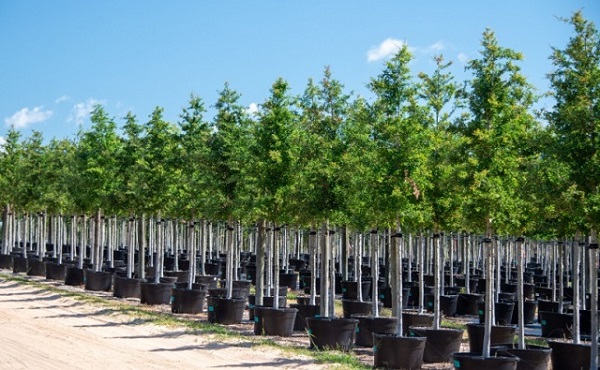
From LifeSiteNews
According to a memo from the Department of Natural Resources, the plan was a marketing ploy designed to inspire commitment and participation, but only about a fifth of the trees will be in the ground by 2031.
A 2019 environmentally ideologically charged scheme by the Liberal government of Prime Minister Justin Trudeau to plant two “billion trees” in a 10-year span was a scheme, according to a memo.
As noted by Blacklock’s Reporter, the memo from Canada’s Department of Natural Resources admitted that the Trudeau cabinet’s plan from 2019 for “two billion trees” was nothing more than a marketing slogan.
The memo, dated February 15, titled Two Billion Trees Questions and Answers, noted that the government “sought a name that would inspire that commitment and participation,” and that “so far that has worked.”
Trudeau’s tree planting scheme is well behind schedule, and the reality is by 2031 only about a fifth of two billion trees will even be planted.
The memo stated that as of today the government has “signed or is in the process of negotiating agreements that will result in 393 million trees planted by 2031.”
“We are actively engaged with all partners on how to move ahead,” it reads.
The department even acknowledged that when it comes to tree planting, it is an overly complex process, as trees cannot just be planted anywhere. “Different species and sizes of trees are required in different planting projects across the country,” it said.
While the government claims that it will plant two billion trees, there has been no timeline for when this will be achieved. The process of “planting a tree takes several years and includes steps like collecting seeds, increasing nursery capacity, growing seedlings until they are large enough to be planted in the ground and identifying available land.”
The Trudeau government had said that the tree-planting scheme would cost $3.16 billion overall. However, a 2021 report Financial Support for Planting Two Billion Trees noted that the actual costs are more than double, or $5.94 billion.
Many have pointed out that Canada already has 318 billion trees and the number is growing thanks to forestry companies who plant 600 million trees every year, which is well more than they cut down.
-
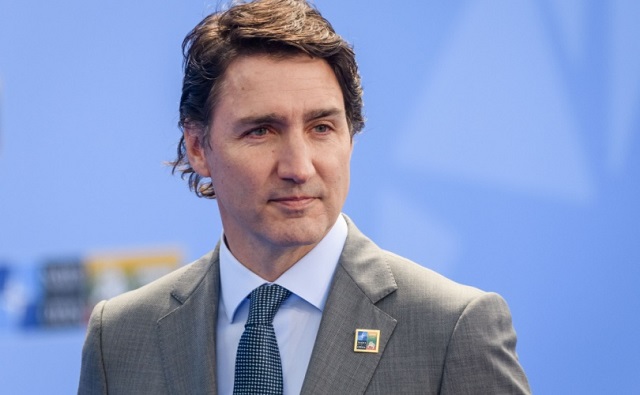
 Education2 days ago
Education2 days ago40 Canadian professors urge Trudeau government to abolish DEI mandates
-
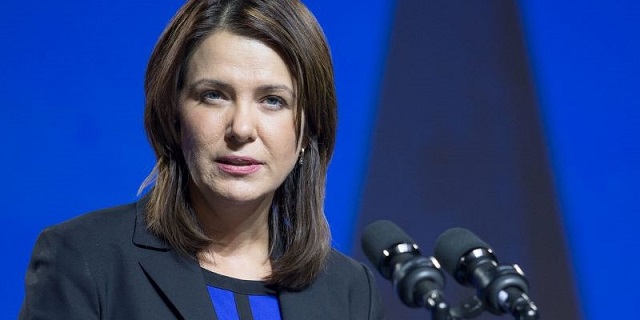
 Alberta1 day ago
Alberta1 day agoDon’t use Alberta’s Heritage Fund to pick ‘winners and losers’
-
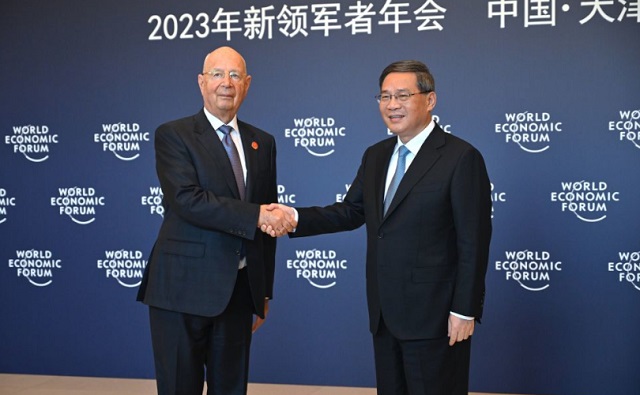
 CBDC Central Bank Digital Currency1 day ago
CBDC Central Bank Digital Currency1 day agoKlaus Schwab pushes ‘fourth industrial revolution’ at WEF’s ‘Summer Davos’ opening
-
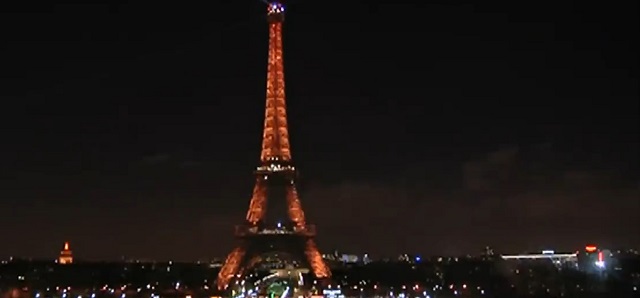
 Politics2 days ago
Politics2 days agoWorries About ‘Existential Threat’ From Climate Change Suddenly Put On Hold For Paris Olympics
-
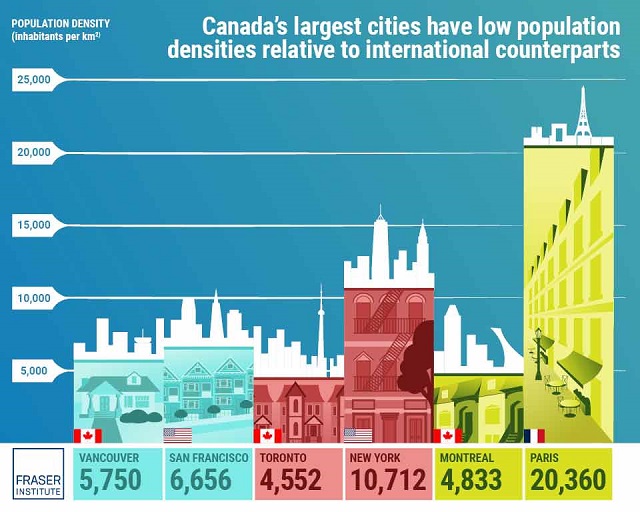
 Fraser Institute2 days ago
Fraser Institute2 days agoUrban Population Densities in Canada and Abroad—an Update
-
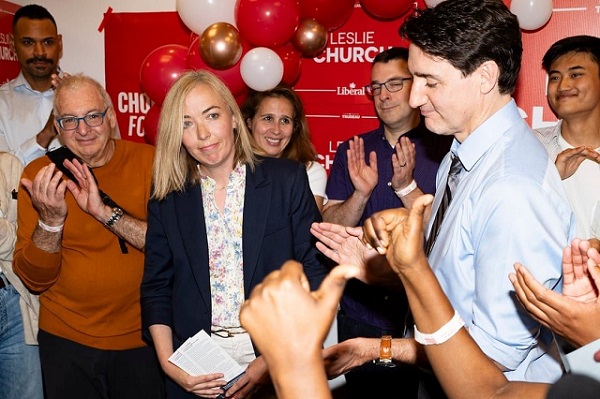
 Bruce Dowbiggin22 hours ago
Bruce Dowbiggin22 hours agoBye-Bye Election: Turn Out The Lights, The Party’s Over
-
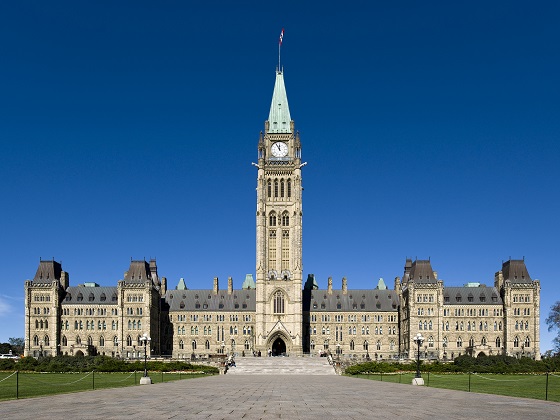
 Business1 day ago
Business1 day agoCut corporate income taxes massively to increase growth, prosperity
-

 Economy22 hours ago
Economy22 hours agoCanadians face serious economic costs due to health-care wait times





